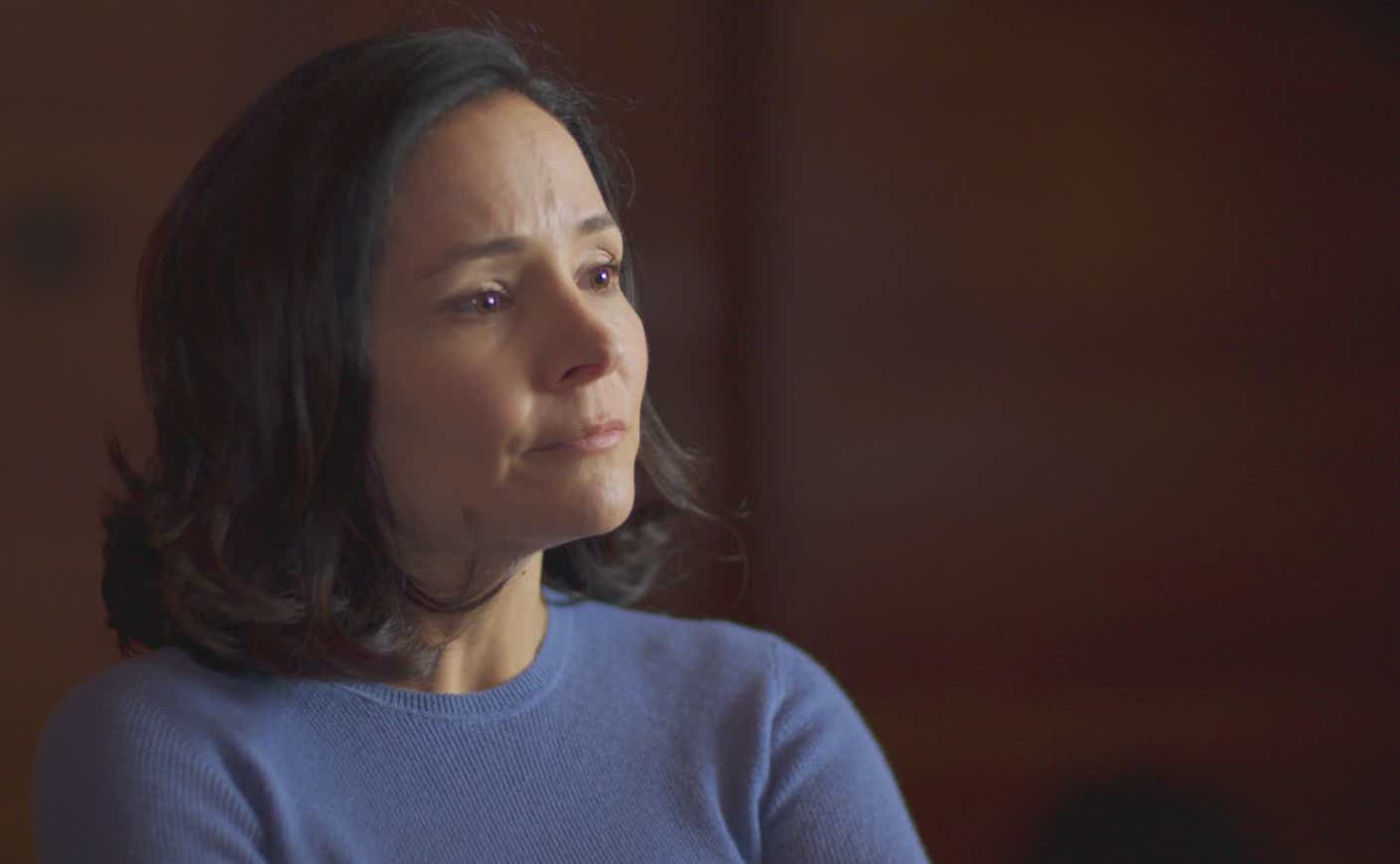It all started with a 2017 New York Times article. Before that, most of the world hadn’t heard of NXIVM, the alleged career and personal growth program based in Albany and run by eccentric founder Keith Raniere. But the NYT profile exposed the group as more of a cult — one through which Raniere was abusing female followers, manipulating them into having sexual relationships with him, restricting their diets, and even having them physically branded with symbols he selected.
What came next is familiar to any pop culture expert who’s enthralled by cults: Raniere, the self-proclaimed world’s smartest man, was exposed as a master manipulator and a few years later, NXIVM was the subject of HBO’s docuseries The Vow. In it, viewers met some of the insiders who helped take the group down. One was Sarah Edmondson, an actress-turned-whistleblower who led the charge alongside a handful of other ex-members to blow the lid open on Raniere’s abuses of power.
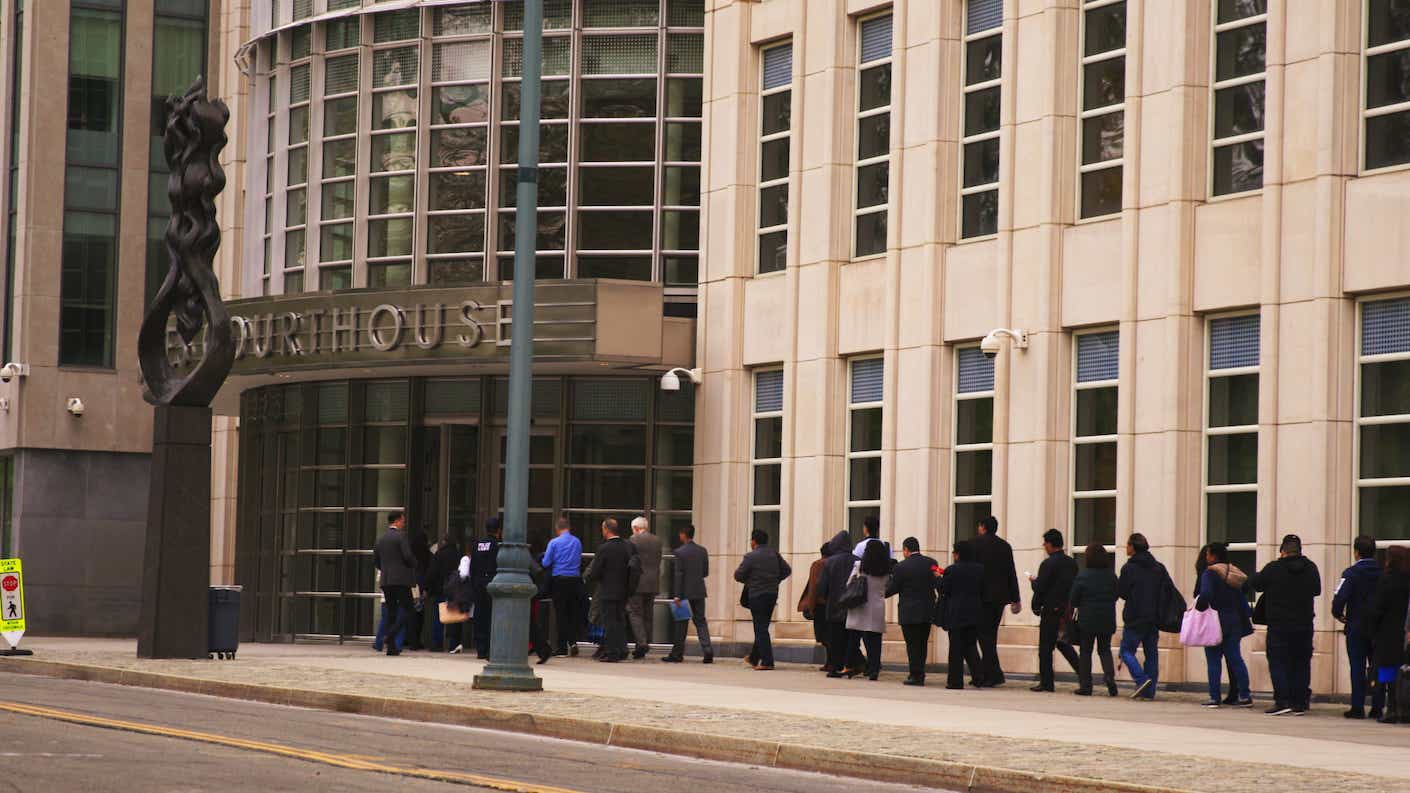
Edmondson joined NXIVM’s much-touted Executive Success Program (ESP) in 2005 and even opened her own ESP center in her hometown of Vancouver. The night Edmondson was initiated into Dominus Obsequious Sororium (DOS), NXIVM’s “secret sisterhood” created to “empower women,” she was among five women in their 30s and 40s who were told they’d be getting a small tattoo. They were instructed to undress and one by one, lay on a table while the other women restrained them.
A female doctor then used a cauterizing device to sear a two-inch symbol below each woman’s hip. This experience was a turning point for Edmondson, who realized about a month later that she’d been branded with Raniere’s initials. (Her memoir, released in 2019, is aptly named Scarred.) The first season of The Vow followed Edmondson, her husband Nippy Ames, and others as they journeyed from devoted members to “suppressives” (as Raniere would call them), revealing the truth about what was happening within NXIVM. That season culminated with Raniere’s arrest.
The second season debuted on HBO last month and focuses both on the aftermath of Raniere’s arrest and on his co-founder, the enigmatic Nancy Salzman. And as we watch the trial unfold in the series, Edmondson is alongside viewers doing the same.
In 2019, Raniere was found guilty of racketeering, sex trafficking, conspiracy, forced labor, identity theft, sexual exploitation of a child, and possession of child pornography. In 2021, Raniere was sentenced to life in prison.
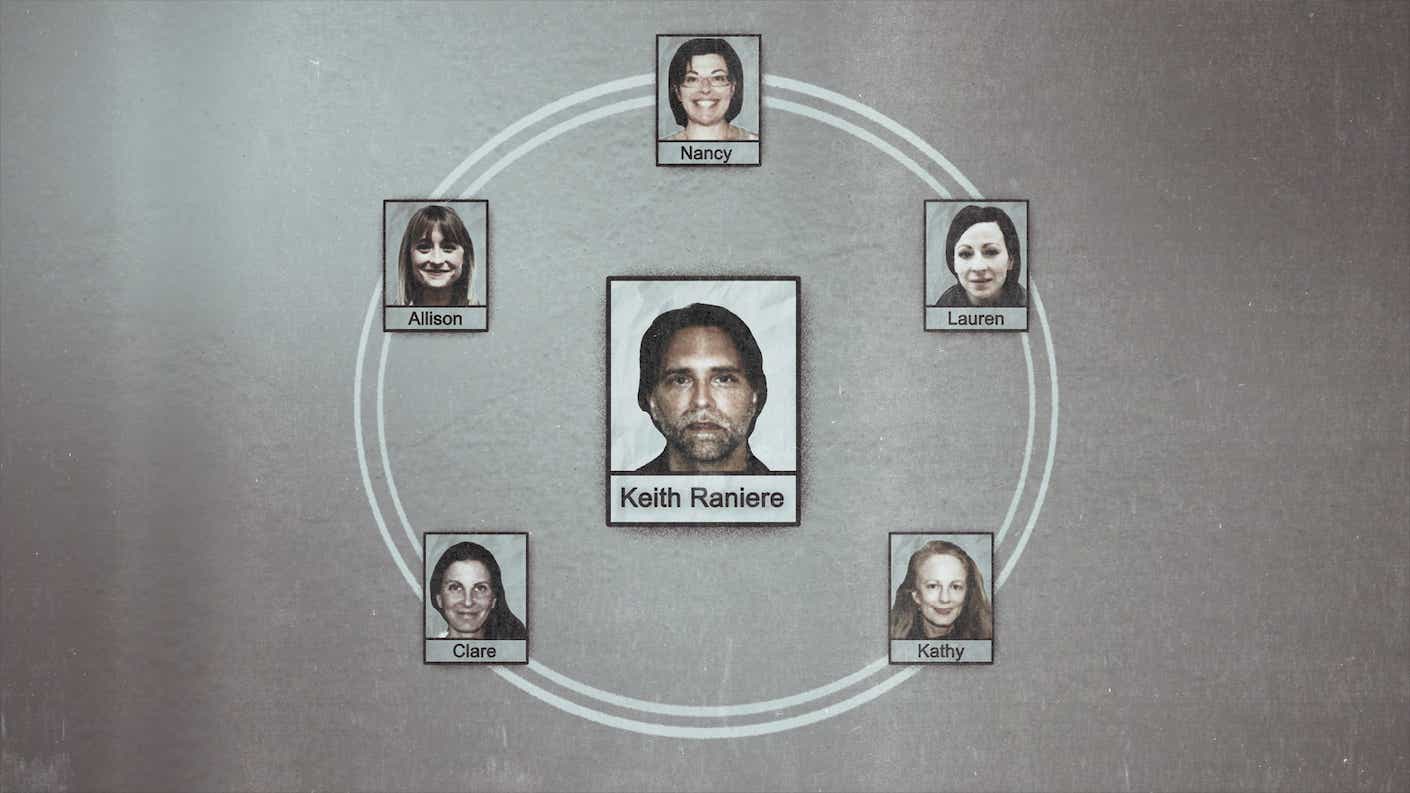
While Edmondson wasn’t forced to testify against Raniere, she feels that her work combating the harm NXIVM caused isn’t done. She now hosts a podcast with her husband called A Little Bit Culty, on which they speak to experts and survivors about all different kinds of cults and indoctrination. “I’m an accidental pseudo-expert now, so I just use my expertise to try to help other people,” she says. “I probably won’t stop until everybody’s out of NXIVM. I’ve been told that may never happen, but I can’t help but try. I have to; this is who I am.”
We spoke to Edmondson about her current relationships with NXIVM members, what it’s been like to watch the new episodes of The Vow, and the positive things she took away from her surreal time in this controversial cult.
Katie Couric Media: How has it been watching these new episodes? Is it retraumatizing?
Sarah Edmondson: I thought I was doing great before the season came out. I felt strong and bulletproof, and then all of a sudden after two episodes, I got really sick.
Every new thing that gets released is just a mix of stress and relief. I’m healing from PTSD, and many of the people who’ve escaped NXIVM have PTSD.
It goes through waves. We had Evan Rachel Wood on our podcast to talk about her relationship with Marilyn Manson, and she talked about how there are tunnels: There’s a light at the end of the tunnel, and you get to the light, but there’s also going to be another tunnel, and there’s also going to be another light. And that’s how I feel.
You brought fellow actor Nicki Clyne into NXIVM. She’s featured a lot in the second season, and is one of the very few people still loyal to Keith. What’s it like watching that?
It’s triggering to see people who you loved shit talk about you — that’s hard. And for me, it’s hard to see people that I brought into the group. In this case that’s Nicki, who is clearly still in love with Keith. If I really sat with how that feels, I’d break down and cry because it’s just so hard. But I don’t want to let it go, because I feel like if I and so many other members can wake up, then Nicki can, too.
[Remaining loyal to Keith] has got to be a very small and isolated world. If she knocked on my door and said, “I’m sorry, I was wrong,” I would give her a hug and accept her back in my life in a heartbeat. I don’t think she feels the same way about me; I know that she blames me for this [the downfall of NXIVM and Keith’s arrest].
What do you think of the small group of former members who are so passionate about clearing Keith’s name?
I feel sad for everyone who’s still loyal to him. They’re continuously messing up their own lives to prove that they’re in the right, and to protect their self-image.
People like Keith keep victims silent because there’s so much shame involved. For anyone to come out of these things and say what happened, it’s embarrassing. It was embarrassing for me and I didn’t even experience the sexual component with Keith. But I had to admit that I let myself get branded — that was a huge amount of shame and scrutiny to have to go through.
But I was very impressed with how the filmmakers lent dignity to everyone involved. I hope this series helps them move on with their lives and achieve their goals — which is why we joined NXIVM in the first place.
Nancy Salzman is in these episodes, and she wasn’t interviewed in season one at all. Why do you think she chose to be interviewed this time?
After watching the first few episodes, I felt like she was trying to vindicate herself with the audience, and that was very difficult to watch. Seeing her not taking responsibility and finding out that she was madder at me than at Keith was all very hard.
The question a lot of people ask me is, how do you feel about these people getting a platform? And I don’t really feel like they’re getting a platform or are going to convince anyone of anything beyond how indoctrination is deep and real.
The whole series offers a very unique look at someone slowly waking up to what they have participated in, as we saw with Nancy. There was so much collateral damage (no pun intended) around Keith. This is just another example.
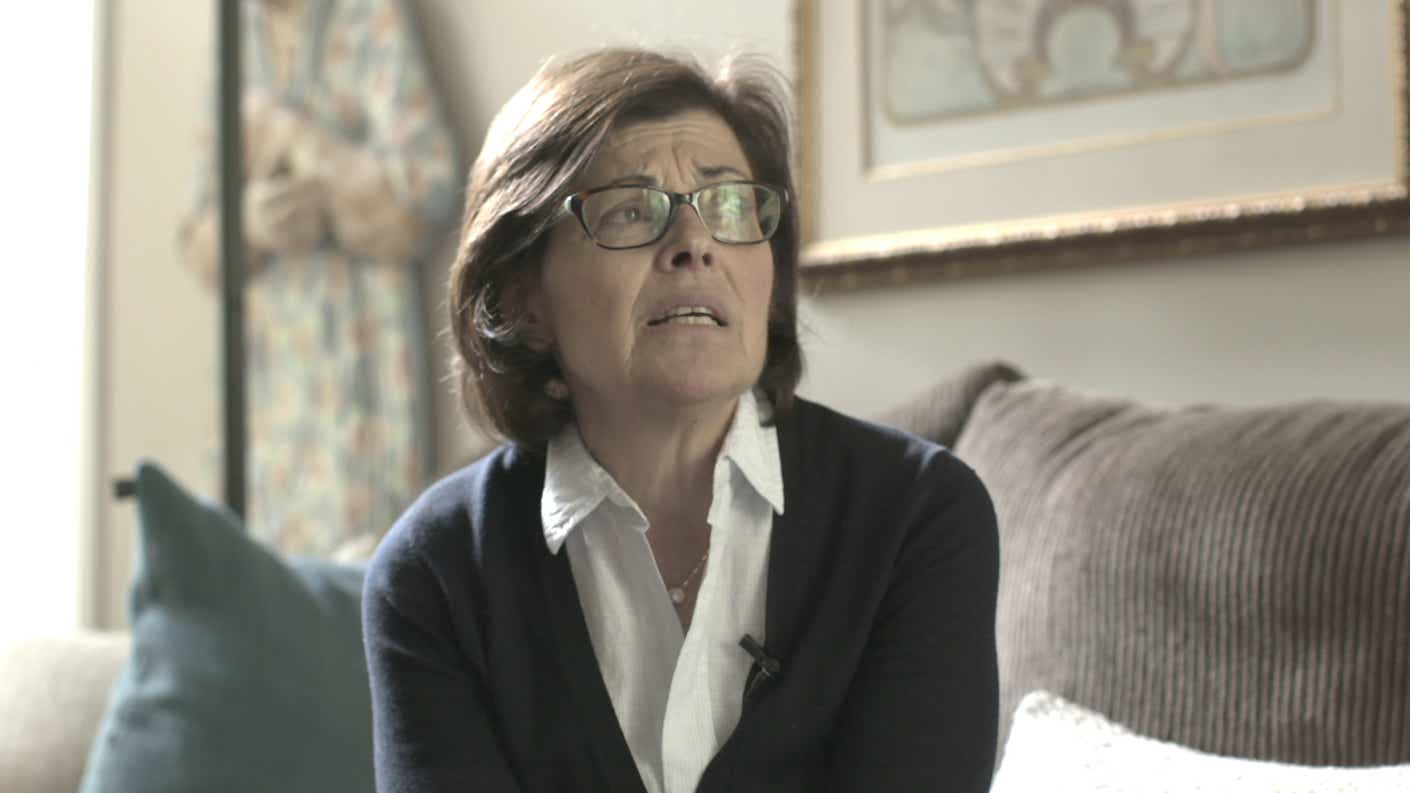
You left Nancy a scathing voicemail when you left NXIVM, telling her to “wake the f*ck up,” and Nancy played that for the cameras. How do you feel about that being included?
I’ve had zero contact with Nancy since I left that voicemail. The filmmakers reached out and said, “are you comfortable with this being in?” I said of course. That was a key interaction for me. And I’m just impressed that she saved that voicemail. I think for a lot of people like myself or survivors of these types of things, we never get to confront the leadership. They’re always on such a pedestal, it’s such a system of control. For me to say that to her and for people to see it is very validating.
When she played my voicemail, I knew that I had done the right thing: I tried to alert her, and the fact that she still didn’t reach out to me after that voicemail is an indication of where she was at that time. That’s how indoctrination works.
What’s your relationship with Nancy’s daughter Lauren now? You two were best friends.
My feelings have totally changed from when I first left and I was so angry and felt so betrayed.
I’d love to speak with her. I actually was in upstate New York for a wedding and tried to reach out through my lawyers to her lawyers. And it didn’t happen.
She saved me from testifying. She provided everything that the jury needed to know; she was a direct line to Keith because of their romantic relationship. So I’m grateful to her.
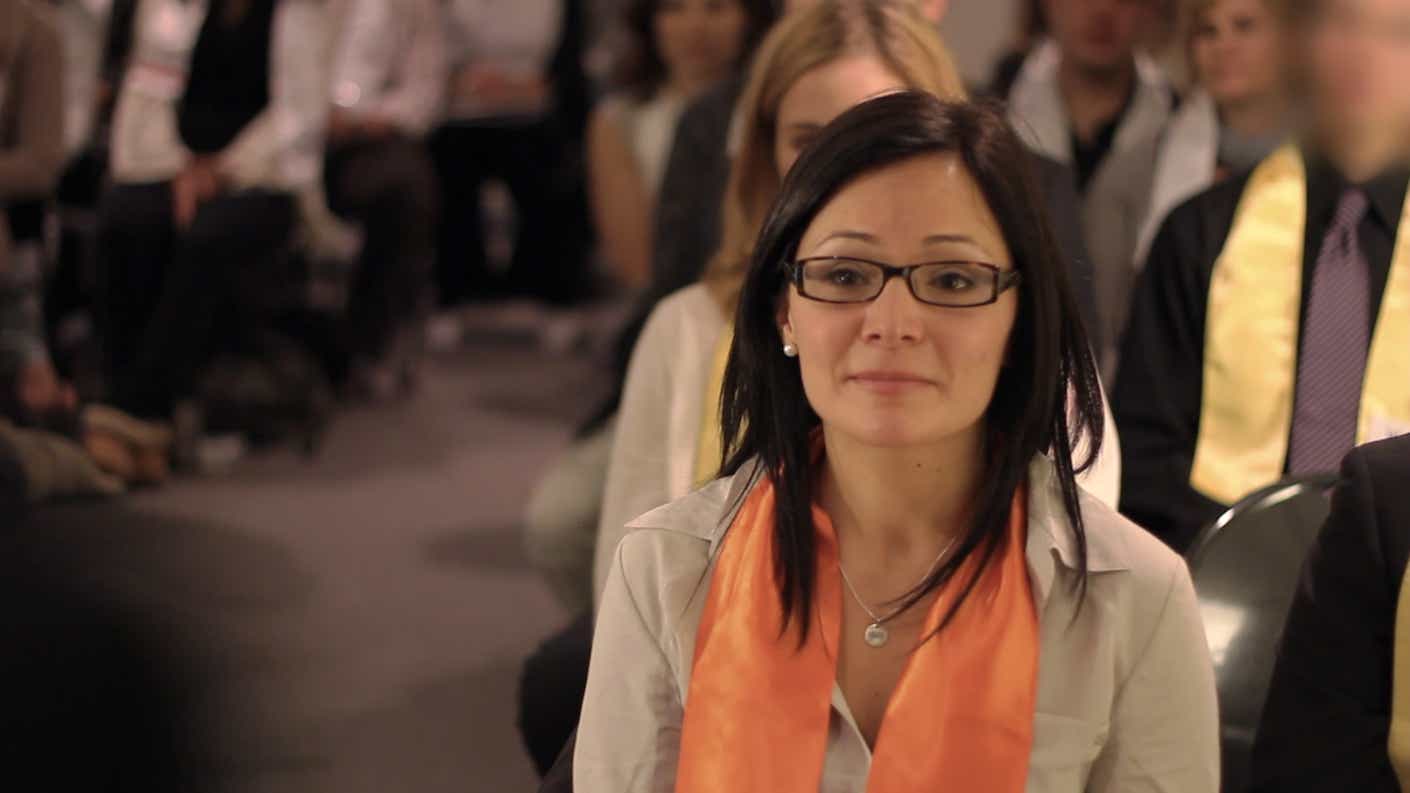
In your memoir, you talk about how your life changed for the better from the Executive Success Program trainings. You were booking more roles, making more money, and facing issues more effectively. Do you still use any of the tools you learned in the program? And if you find yourself doing something you learned from Keith, is it triggering?
A big part of my healing is understanding that Keith stole from a number of different modalities, methodologies, spiritual teachings, and therapeutic practices and put together something that on the outside didn’t look that bad. Of course, that’s not including the sex cult, coercive control, and restricted calorie-intake parts. But the ESP program, there are lots of really good things there. There are things that I still do in my communication and in my interactions with people that I learned from ESP that I still find helpful. But I just have to know that the tool is not actually from Keith. I’ll know, for example, that a skill might be from The 7 Habits of Highly Effective People or a main tenet of Buddhism, or what Eckhart Tolle teaches. You can find each principle somewhere else, and then I don’t have to attribute anything I use to him.
Do you think some people are inherently more vulnerable to programs like this than others?
Many people search for belonging and community. It’s tribal; we survive better as a team and people are looking for their tribe, especially actors. I think if I had found NXIVM in 2019 or 2020, when all these cult documentaries and podcasts and resources were out there, I would not have joined. I know what those red flags are now. Or if I had gone, and on day one they asked me to “override my intuition to trust the process” when everything in my body was saying, “get the F out,” I would have never gone down that path. But hey, I’ve learned what I’ve learned.







